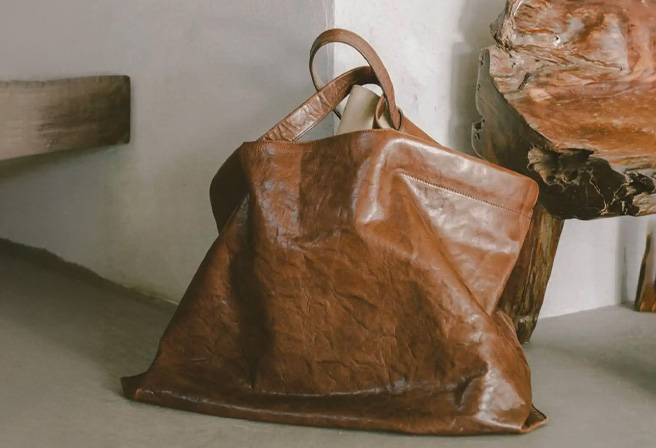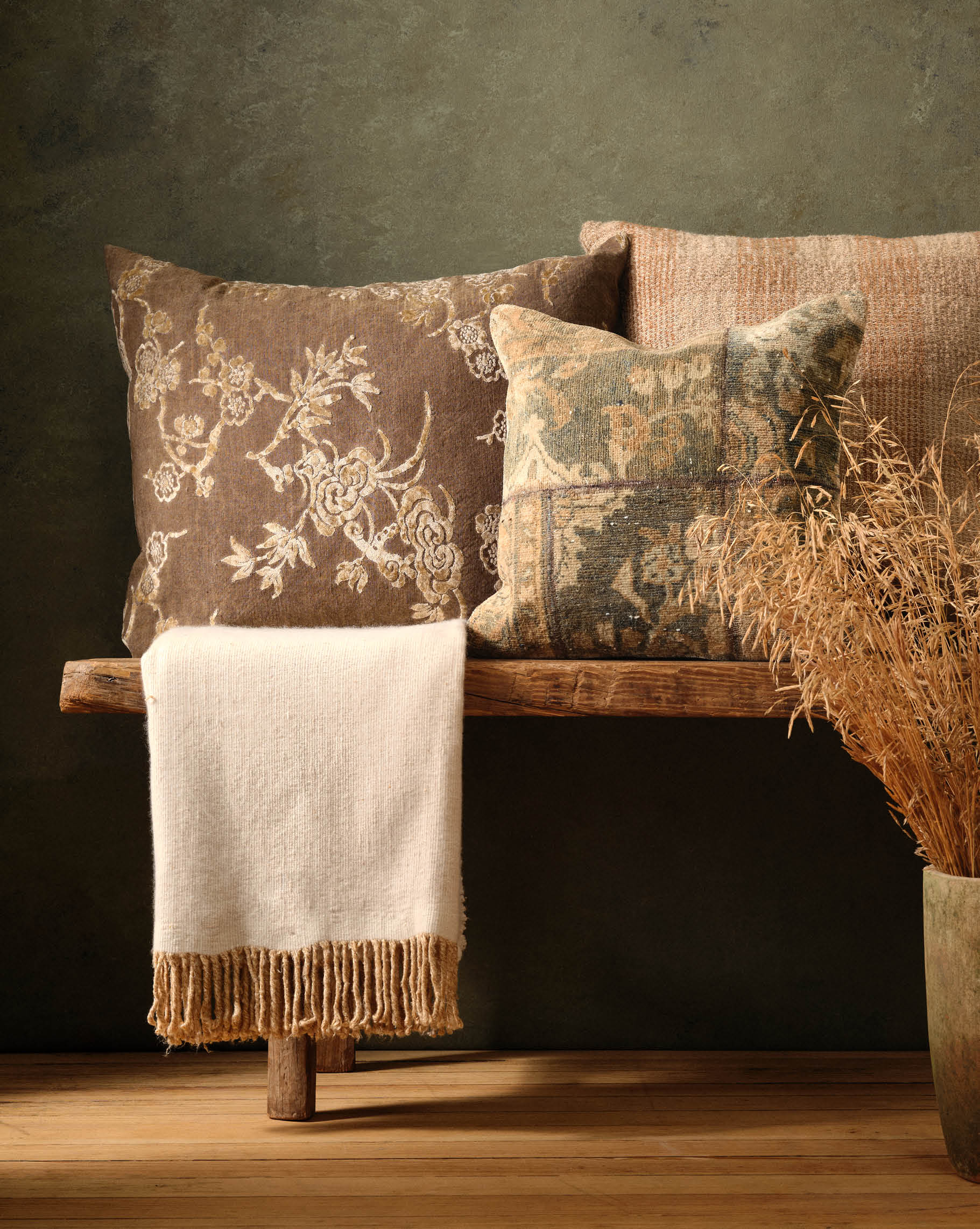
The art of making textiles has long been intertwined with the art of storytelling. From Flemish tapestries and Scottish tartan to Ghanaian Kente and Chinese Jin, histories and mythologies alike have been captured across cloth. The ubiquity of this medium comes down to access: handlooms and sewing apparati were among the first technologies developed. For designer Chinar Farooqui, the textiles in her studio hold the same significance as those woven centuries ago. More than just decoration or symbology, they are a way of shaping the future by simultaneously preserving the past.





Chinar’s label, Injiri, was born from a desire to highlight and celebrate the many textile traditions of her native India. Both her fabrics and garments are made in-studio by local artisans with expertise in the needed techniques. The approach is intense and studied, spanning simple stitching and hand-finishing to complex methods such as jamdani weaving and soof embroidery.

The root of Injiri’s inspiration for this season comes from “The Song of Life,” a short story written by children’s book illustrator Kavita Singh Kale in collaboration with the studio. The story calls on many motifs from Ladakh in Northern India, a remote territory nestled amongst the peaks of the Karakoram Mountain Range. This region is often called “Little Tibet” for its rugged geography and prominent Buddhist monasteries. It is not uncommon to see prayer flags fluttering over the herds of wild sheep and antelope roaming its landscape.
The raw beauty of this region sets the stage for the story, wherein Mother Earth uses her loom to weave the mountains, the rivers, the animals and eventually, her own daughter. Wrapped in silk and cotton, this daughter would wander the landscape and delight in the wonder of the earth, smelling flowers, singing with birds and dancing over mountains. Her step is as light and joyous as the method of her creation. Through Injiri’s inherent playfulness, Chinar invites us all to greet our days just the same.

























